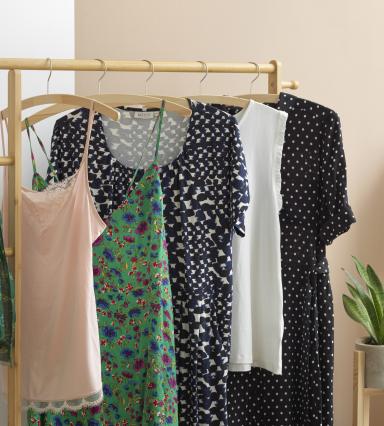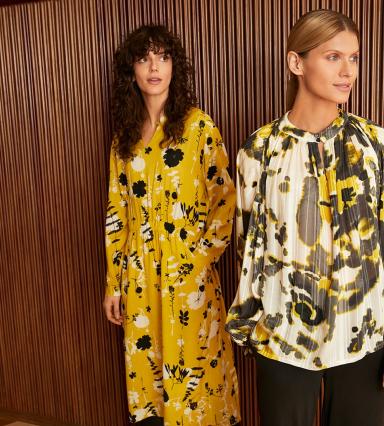
Forests and fashion
FSC's Fashion Forever Green Pact builds on efforts by stakeholders in the sustainability space, such as the CanopyStyle Initiative. The Pact is a call to immediate action for the fashion industry - brands, retailers and manufacturers alike - to adopt responsible sourcing in support of the world’s forests.
FSC in Fashion
Although they make up less than 7% of the global fibre market, the production volume of forest-based textile materials more than doubled between 1990 and 2018, and their use is expected to increase. And the industry’s dependence on forests doesn’t stop at fibres - in 2017, over 11 million tonnes of natural rubber was harvested - consumption is expected to reach 19 million tonnes by 2025.
Whether fitting out new premises, specifying forest-based materials in products, choosing forest-based packaging or producing marketing materials, there is often an FSC-certified solution available.
This document is intended to be used as an introduction to FSC for organisations in the fashion sector who are FSC certified and for those who are considering becoming FSC certified, specifying FSC-certified products or working on behalf of an FSC-certified organisation.



